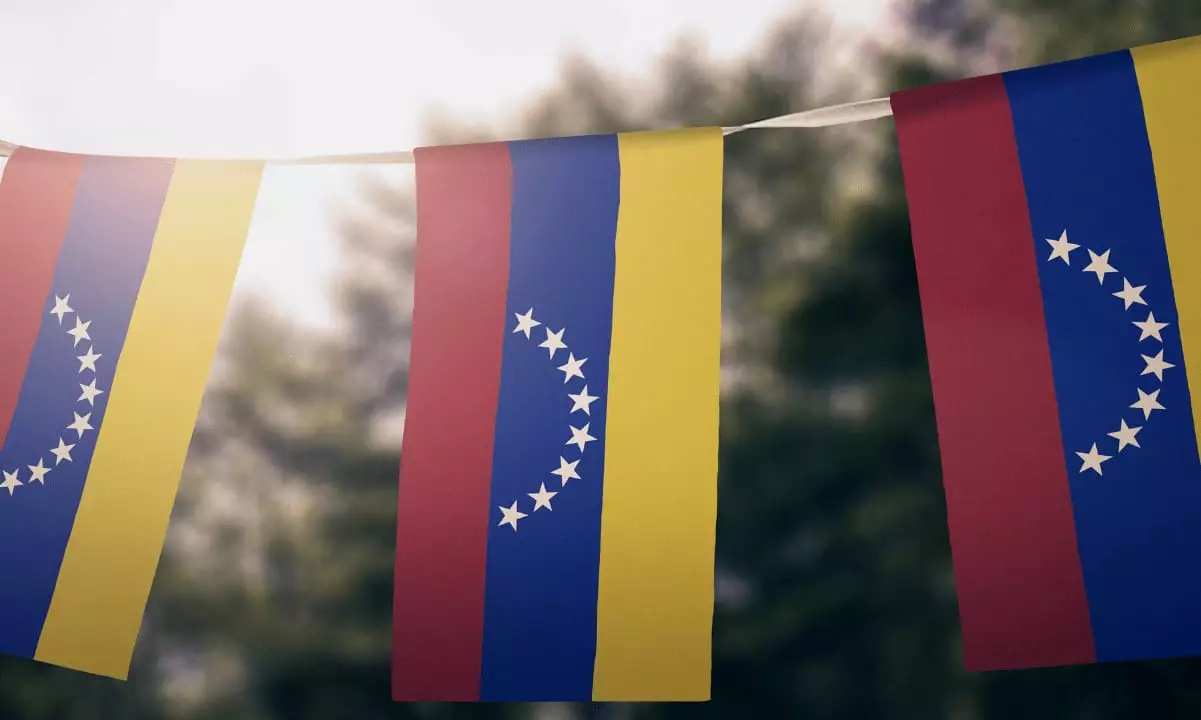Venezuela’s state-owned oil and gas company PDVSA is reportedly planning to expedite its utilization of cryptocurrency, particularly USDT. This move comes as a strategic response to circumvent the tightening US sanctions on the country. PDVSA has gradually been integrating USDT for oil sales since 2023 and now has a new policy requiring new customers to have a digital wallet holding cryptocurrency. The intention to accelerate USDT usage for crude and fuel exports is a direct result of the United States’ refusal to renew a general license that temporarily lifted sanctions in Venezuela’s oil and gas sector.
The general license, which was issued in October following a promise by President Nicolás Maduro to hold a free and fair election in 2024, allowed Venezuela’s oil exports to reach 900,000 barrels per day in March, marking its highest export volume in four years. However, due to the government’s failure to uphold its commitment, the US chose not to renew the license, leading to the reimposition of sanctions on the country. As a result, PDVSA customers and providers have until May 31 to wind down transactions, potentially hindering Venezuela’s ability to export oil.
In response to the reimposed sanctions, PDVSA aims to boost the use of USDT to reduce the risk of profits being frozen in foreign bank accounts. The company has already been accepting USDT for transactions since last year and has implemented a new contract model for non-swap spot oil deals, requiring half of each cargo’s value to be prepaid in USDT. Additionally, new customers are mandated to have a digital wallet holding cryptocurrency. While this approach may help PDVSA circumvent sanctions, reliance on intermediaries for crypto transactions could ultimately reduce the company’s oil proceeds.
The use of cryptocurrency for oil and gas transactions is unconventional, given the dominance of the US dollar in the global market. In the past, Venezuela introduced a state-owned, oil-backed cryptocurrency known as Petro in 2018 as a means to bypass US sanctions. However, Petro faced limited adoption and widespread criticism, leading the Venezuelan government to announce the end of the cryptocurrency in January 2024, nearly six years after its launch.
Venezuela’s PDVSA is turning to crypto, specifically USDT, as a strategic response to the reimposition of US sanctions on the country’s oil and gas sector. While this move may offer a temporary solution to circumvent sanctions and mitigate risks associated with frozen profits, it also presents challenges such as reduced oil proceeds and reliance on intermediaries for crypto transactions. Moving forward, PDVSA will need to navigate the evolving landscape of international sanctions and cryptocurrency regulations to ensure the sustainability of its operations.

